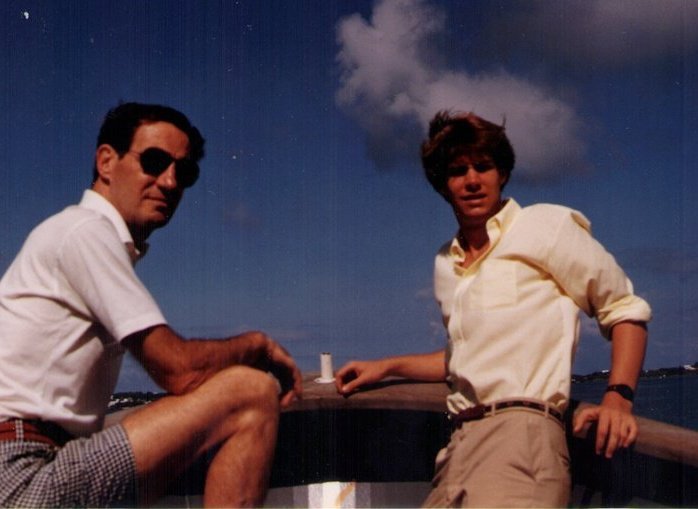by Erin Barone
Sarah was 35 years old, with two small boys and a husband who abruptly passed away due to a brain tumor. While her husband Sam had complained of steady headaches, Sarah would blame it on stress from his job as a financial advisor and simply tell him to take some Tylenol.
After a few months of unrelenting headaches, though, her husband finally decided to see a doctor, whereupon he discovered that he had a brain tumor requiring immediate surgery. Sadly, Sam did not survive the procedure, dying on the operating table.
Since his death, Sarah has frequently made comments like “I didn’t choose this life for me, and I especially didn’t choose this life for my two little boys.” She also blames herself for having minimized the severity of her husband’s headaches, often stating, “I should have listened to him more, I should have told him to go to the doctor sooner, and then maybe they would have been able to save him before the tumor grew so big!”
Continue Reading








